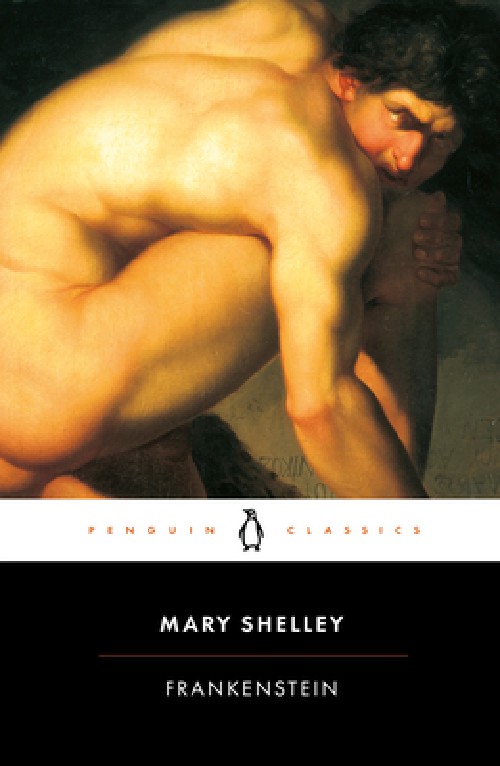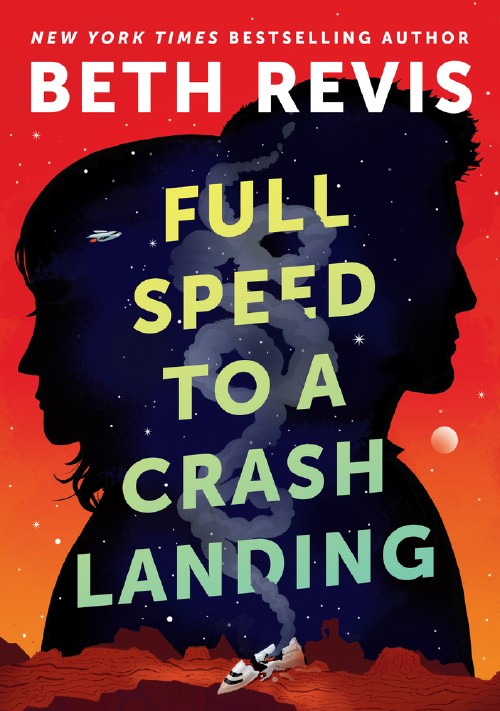
Frankenstein
Copyright 1818, Penguin Group
Fiction
Two centuries ago, Mary Shelley published the most incredible indictment of the tech world mindset when she released her classic novel Frankenstein.
The book, just in case you also haven’t read it, is about Victor Frankenstein who, at 19 figures out the key to bringing matter to life, and becomes obsessed with the idea of building the first artificial human. He succeeds. And proceeds to spend the rest of the narrative vacillating between trying to pretend like his project was not a success, and being haunted by the results of his youthful obsessions.
At no point did he stop prior to the project and try to figure out whether his goal made sense and what the implications of success might be. Nope, he had an idea, and he pursued it.
The book is brilliant—no wonder it basically invented the category of science fiction—but it reminded me so much of the way my industry functions in the world today. All around us are people pursuing “artificial intelligence” projects, both OpenAI, products built on Chat-GPT, and any number of other machine-learning premised projects. Half of these projects are automating away human jobs with shitty replacements. The other half are reinventing cutting-edge ideas like eugenics, phrenology (which is just eugenics with a mask on), genetic pre-determination, and evolutionary psychology. Real galaxy-brain type progress.
When I use Shelley’s Frankenstein as a lens to examine this huge industry push into an exciting new frontier, what most stands out is that none of these people are interested in all the arguments about how awful the world will be if they succeed. “It’s possible, and if I make it reality, I will get all the glory!” seems to be the logic. What a terrifying world lays ahead if we can’t convince everyone rapidly building this future that success creates a world no one wants to live in.
One of the more common references to Frankenstein is the well-actually corrective: “Frankenstein is the inventor, not the monster.” That literal reading is pretty clearly the opposite of what Shelley was communicating: what is monstrous is pursuit of scientific possibility with no regard for all the other possibilities we are foreclosing. Her narrative makes it pretty clear; the being that Frankenstein creates was full of possibility itself, but Frankenstein himself turned it monstrous by his unwillingness to take responsibility for his actions. The book is an indictment of him, and because the metaphor still lands 206 years later, an indictment of anyone seeking to prove a possibility without first considering what responsibilities and risks they take on, should they find success.



